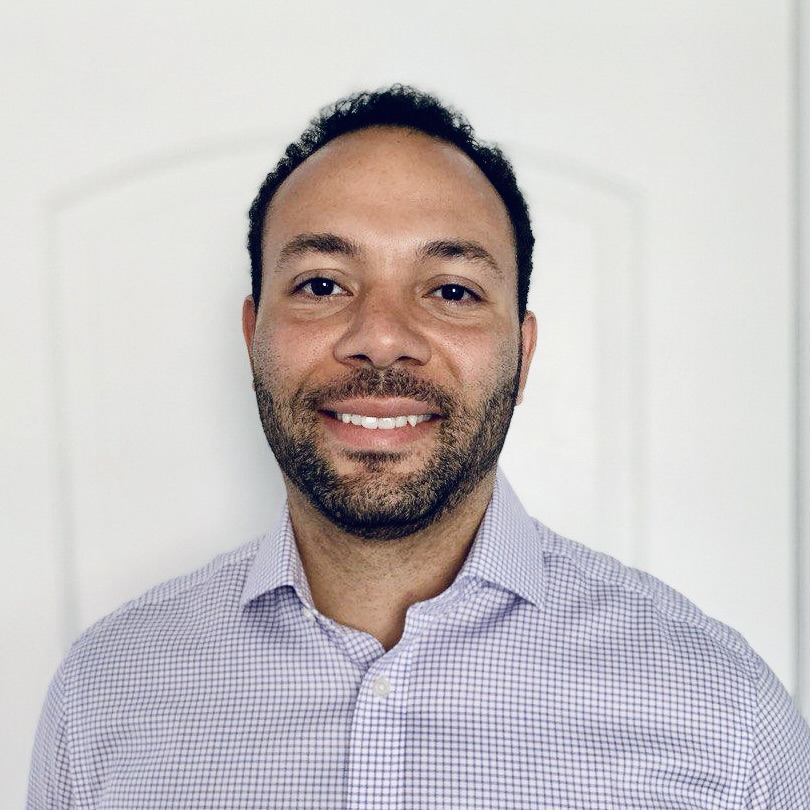Who’s Who In Crypto: RociFi CEO Christopher Brookins
The introduction of decentralised finance (DeFi) tools has brought with it the opportunity for those who are unable to access traditional financial products the ability to transact and interact with a store of value.
With DeFi there is no central authority, no governing body, and no rules outside of the smart contracts users interact with. It’s sometimes been referred to as the “Wild West”, and in this frontier there are as many opportunities for fraud, rugpulls, and hacks as there are for those who just need access to financial products.
Currently, DeFi loans are an area that is being closely monitored, most loans in the space are over over-collateralised, meaning there is more collateral given than the size of the loan, for example, to borrow 3 Ether, 4.5 Ether must be given.
Why do this? Well, it’s so that in the event the borrower can’t repay the lender, the lender has their original loan plus interest. It’s quite difficult to defraud lenders this way unless an exploit is used, and they have been.
Now, the demand for under-collateralised and zero-collateralised loans in DeFi is increasing, and the potential for fraud and high-risk lending will increase with those products, so tools for fraud mitigation are needed to prevent bad actors from defrauding the system.
To get his thoughts on all of this, CryptoVista spoke with Chris Brookins, CEO of RociFi – a decentralised credit assessment engine for undercollateralised lending on Web3.

What are your priorities for the next 12 months?
For the next 12 months, we are focusing on successfully launching the RociFi Mainnet. We’ll be utilising a phased approach to growing our number of unique loans outstanding and TVL (total value locked) to mitigate risk as we bring both lenders and borrowers onto the platform. We want to do this right, from the start, and prove the concept of our mission. Finally, we are looking for partnerships with both trusted DAOS and TradFi to integrate and build on top of the RociFi platform.
What does crypto mean to you, and what drew you to it?
For me, economics, finance, game theory, data, and tech all merged together in an intuitive way for me back in 2016. At that point, there was no turning back. Crypto is like 21 ice cream flavours – something for everyone to get hooked on. And I got hooked on the potential of lending in DeFi.
More broadly, I believe crypto promises a bright future in which a peaceful redistribution of wealth and power away from centralised entities and governments creates a verifiable (via the blockchain), resilient (to market volatility), and users-owned system in which everyone can participate. This shift is wrapped around technological innovation that will reshape every commercial industry we know today and even create new ones. And RociFi’s role in reshaping the lending landscape will play a significant part in that movement.
What is your long-term view of crypto?
In the long-term, Crypto as an asset class will not only thrive but also supplant many existing asset classes in terms of market capitalisation and relevance. Bitcoin versus gold is the classic example of using crypto as a hedge against market downturns in place of gold. Now, the battle between Ethereum and legacy financial systems looks to determine the future of financial activity. The future of crypto isn’t coming, it’s here.
Crypto verticals such as DeFi, currency and others will rewrite and reshape every industry from the ground up while DAOs will likely rise to pseudo-nation state status governed as legitimate decentralized Republics.
What advice would you give people investing in crypto (or looking to invest for the first time)?
If I had to give advice to people investing in crypto, it would be to do your homework extensively before investing and find assets or networks that speak to you personally. Start slow, but start now.
How do you feel about the way the world is regulating crypto?
At the moment, regulations have not been overly punitive; at least in the US. However, the continued creep of regulatory agencies is always a concern, especially with a greater number of populist governments and crypto’s growing monetary importance. For the U.S. in particular, a thoughtful approach to regulation would encourage innovation in key areas that will make the U.S. more competitive in the future, while encouraging current DeFi infrastructure (i.e. stablecoins) that prolong dollar reserve currency status. If the U.S. wants to lead the future of finance like it has for so many years, it needs to encourage innovation, not stifle it.




